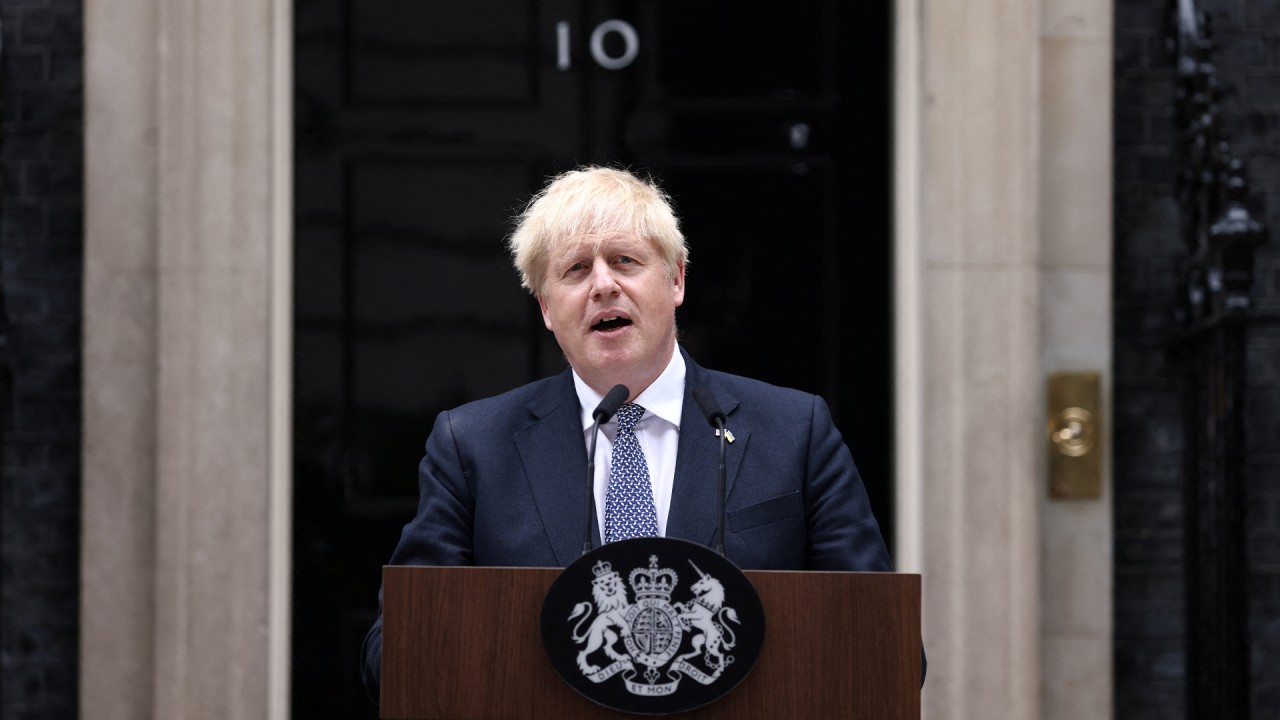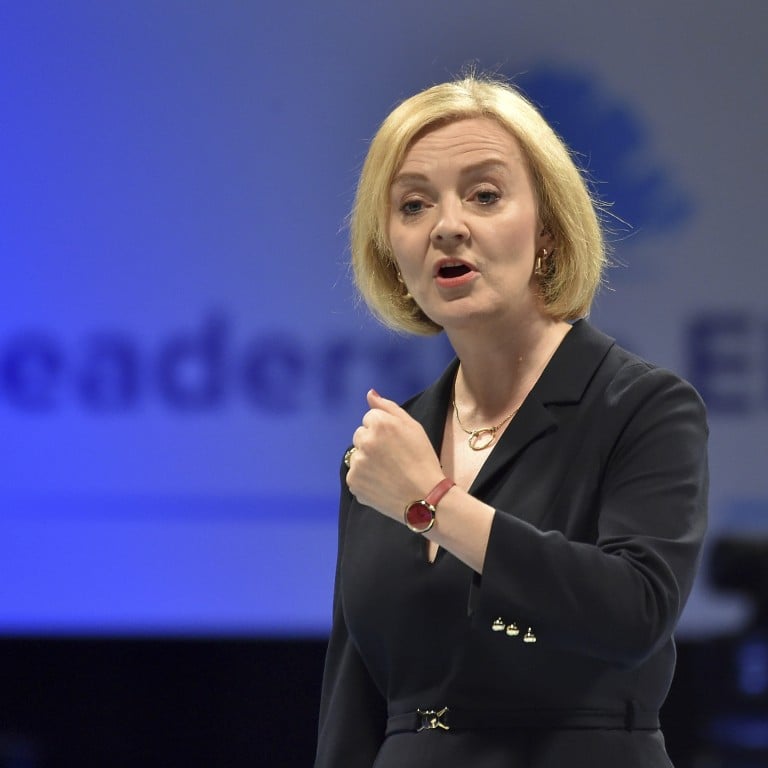
Will Liz Truss live up to hawkish language on China if she becomes Britain’s next prime minister?
- The foreign secretary has frequently criticised Beijing and is reportedly considering labelling the country a ‘threat’ to national security
- Analysts believe the front runner to succeed Boris Johnson is likely to draw a clear line under the ‘golden era’ of cooperation and investment
“In ordinary circumstances, I’d say the new PM would ultimately pursue a more realistic and balanced approach to foreign affairs once in office, but the UK’s reputation for pragmatic diplomacy has taken a battering in recent years,” said Jonathan Sullivan, director of China programmes at Nottingham University’s Asia Research Institute.
“Labelling a major trade partner a threat would be a remarkable development, but the fact that it is not totally inconceivable speaks to the uncertainties that exist around Truss and the negative momentum that has built up around UK-China relations.”
The ruling Conservative Party is expected to announce the winner of its leadership contest on Monday, with the most recent polls indicating Truss has a sizeable – and likely insurmountable – lead over Rishi Sunak, the former chancellor of the exchequer who quit in July.
Sunak’s exit heaped pressure on Johnson, who subsequently announced he would step down after several bruising scandals.
The latest change in prime minister comes less than a decade after one of Sunak’s predecessors George Osborne declared a “golden” era of investment and cooperation between the two countries and President Xi Jinping made a state visit to Britain in 2015.
Potentially labelling China a “threat” suggests “a very clear line is being drawn under the so-called golden era”, according to Rana Mitter, an Oxford University professor and expert on the history and politics of modern China.
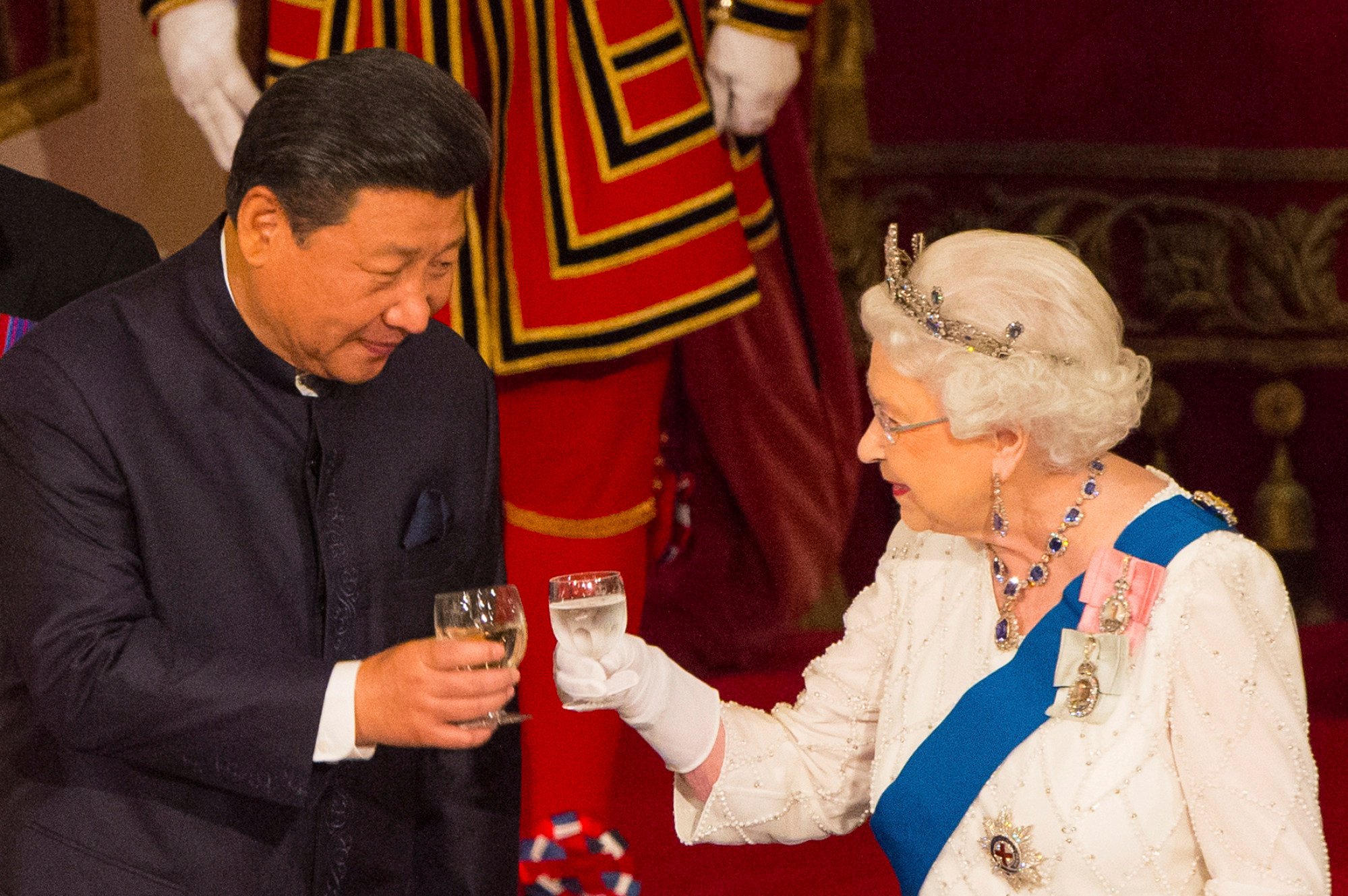
“In that context, for instance, the policies that were talked about a few years ago, such as the City of London’s involvement in developing renminbi trading, quite possibly will no longer be on the table,” Mitter said. “So far, we haven’t had specific policy proposals, more a sort of [change in] mood or direction of travel.”
As foreign secretary, Truss has repeatedly spoken of the need for the West to serve as a check on Beijing’s ambitions.
Boris Johnson tops list of bad British PMs in poll of UK public
“In fact, their rise isn’t inevitable. They will not continue to rise if they don’t play by the rules.”
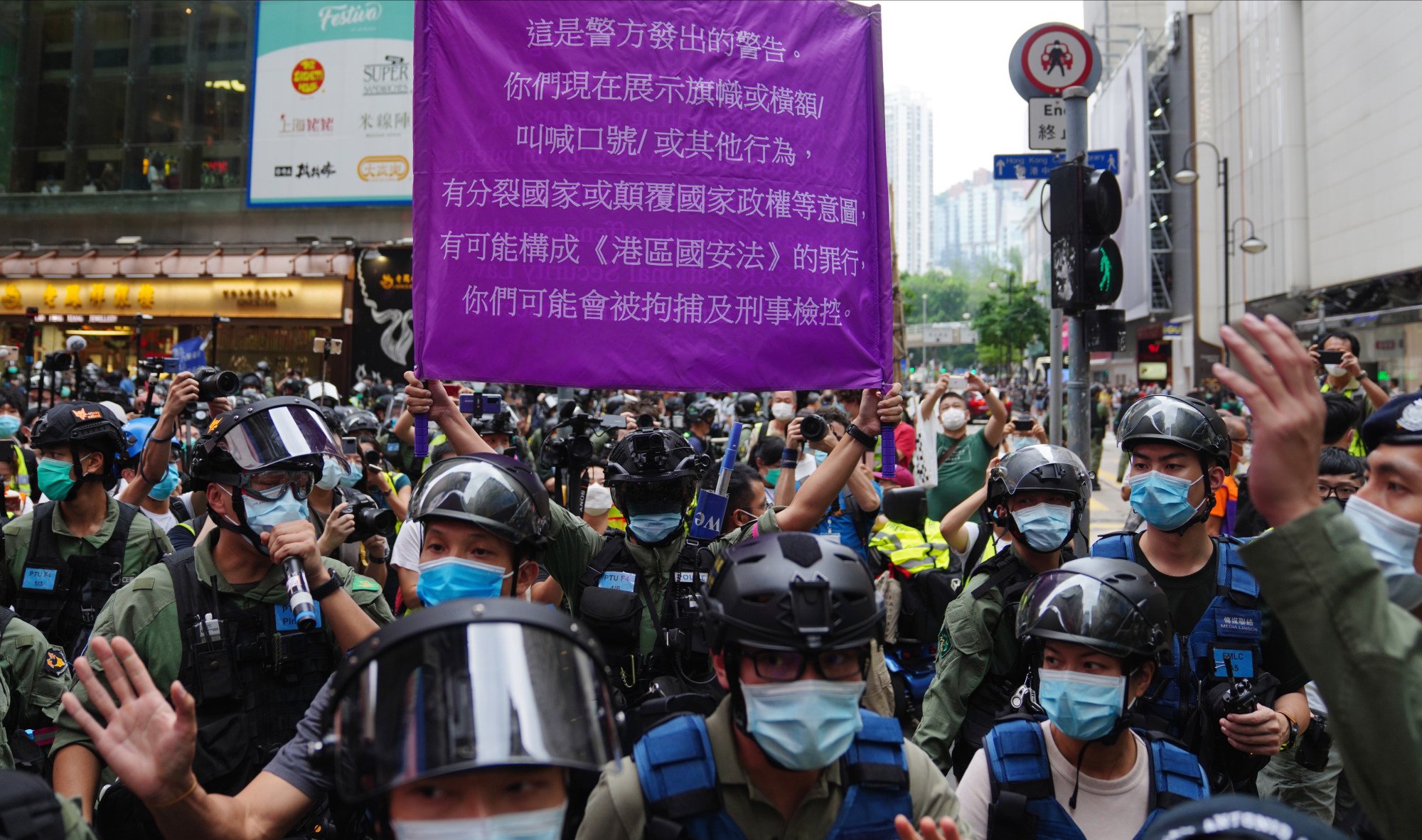
The departure of Johnson could lead to a “coordinated and more realistic” approach to Britain’s China policy, according to Sam Goodman, director of policy from the advocacy group Hong Kong Watch.
“With his removal and Liz Truss likely to succeed him, if her rhetoric on China as foreign secretary is matched with action as prime minister, we will likely see a tougher UK-China policy, which places human rights and values above increased economic and trade ties,” he added.
That said, it is unlikely that a Truss-led government would seek to act alone when it comes to sanctions, Mitter said.
“The interest in making common cause with other liberal allies will be a powerful motivation in making a decision,” he continued.
However, any major shifts in Britain’s foreign policy may be tempered by ongoing domestic issues.
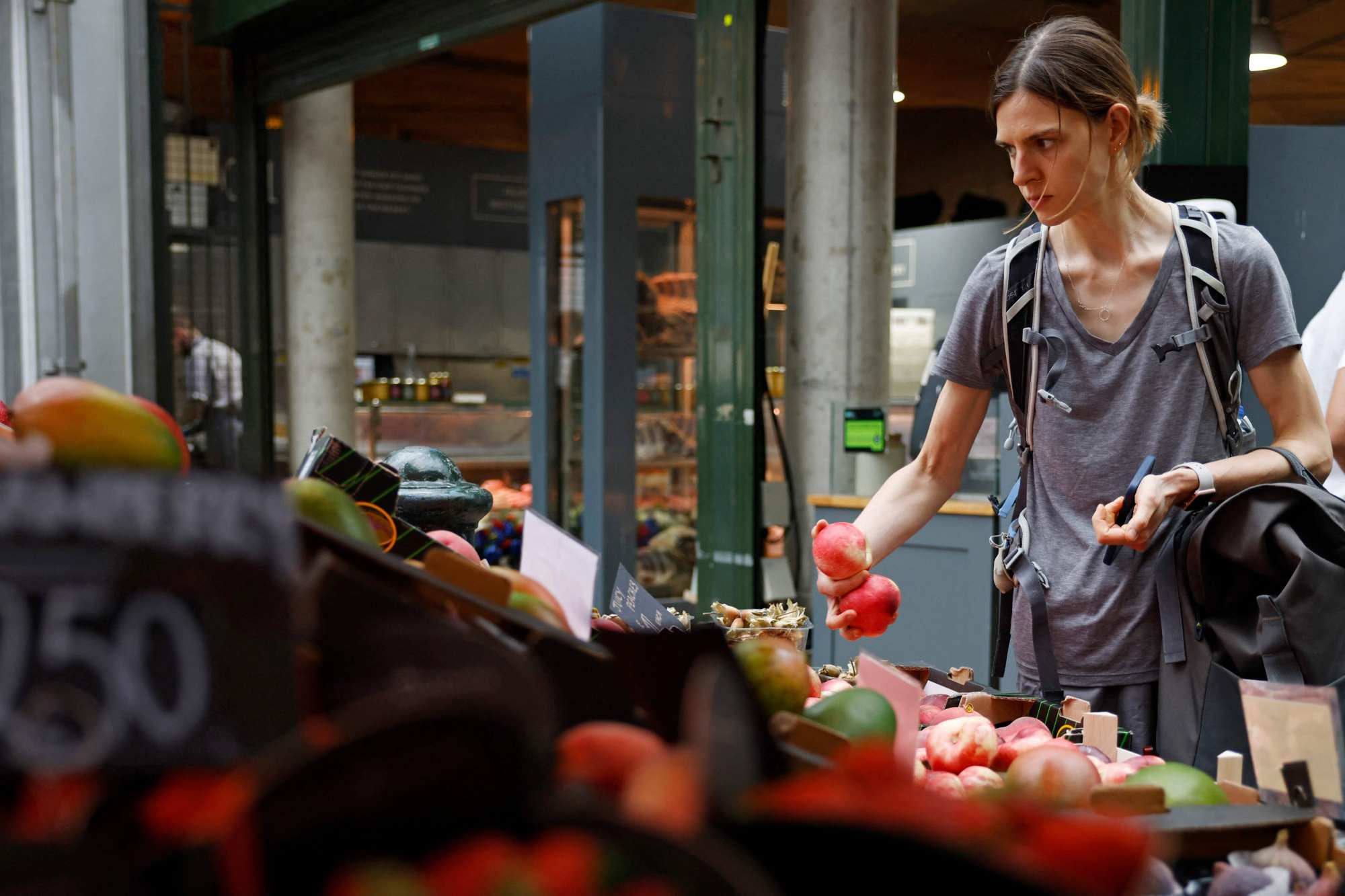
“With Truss, many things are possible. Her own position on China has really hardened over the past few years, and there is an appetite in the Tory party for all kinds of tough lines on China,” said Sullivan of the University of Nottingham.
Australia’s ex-PM Keating calls UK’s Liz Truss’ China comments ‘demented’
“She is also going to face a generational crisis in terms of cost of living, breakdown of public services – including a National Health Service on its last legs, strikes and poverty,” he said.
“That should preoccupy her attention, and make an antagonistic relationship with China an unwanted headache. Then again, China is every Western leader under pressure’s most expedient bogeyman, so who knows?”


